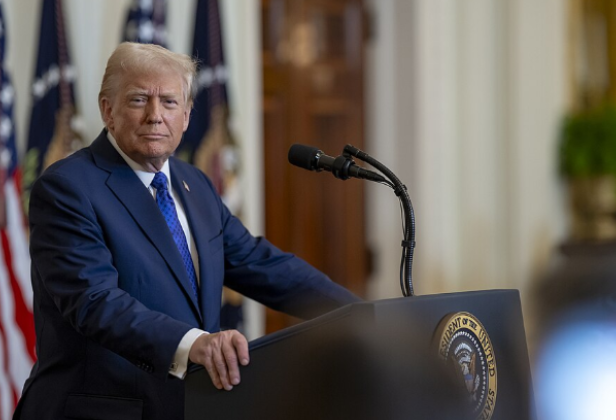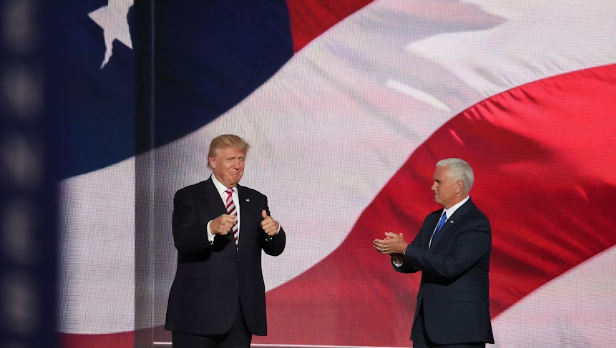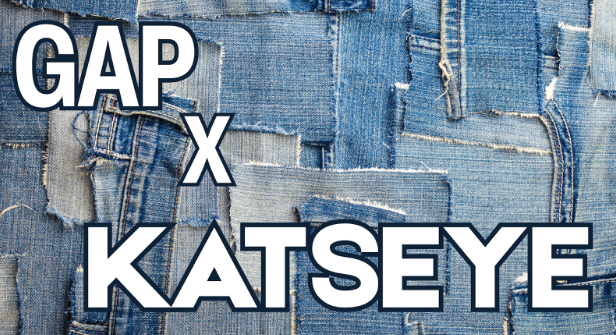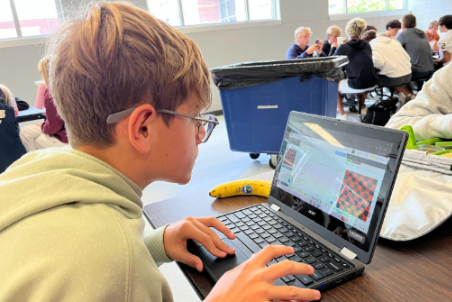From new immigration policies to rising tariffs, President Trump’s second term has brought rapid changes across the country, and some of these shifts are even showing up locally, with new ICE operations tied to Chicago.
Since starting his second term, President Trump has focused heavily on immigration and deportation. Nearly 400,000 people have been deported, and Trump has shut down access to asylum, refugee and other programs. The government also built a $218 million dollar detention center in Florida, which was later halted for environmental concerns. In September, Homeland Security Secretary Kristi Noem confirmed ICE operations would expand to Chicago.
In his first week, Trump signed an executive order ending Diversity, Equity, Inclusion (DEI) programs in federal agencies. Trump also removed the Center for Disease Control and Prevention (CDC) director after disagreements on vaccinations with his new health secretary, Robert F. Kennedy Jr. Other moves included canceling $500 million in mRna vaccine research contracts and pushing for less processed food in diets.
Well known Billionaire, Elon Musk, has backed Trump, spending $228 million to support his administration. Musk also led the Department of Government Efficiency (DOGE) before stepping down. Musk has claimed these changes saved $150 billion, though ABC News says records released by DOGE only show $9.6 billion.
On April 2, Trump introduced “reciprocal” tariffs of up to 50% with countries the U.S. has a trade deficit with. He also created a 10% baseline tariff on nearly all imports. Tariffs were suspended for 90 days to negotiate trade deals. Trump declared a national emergency to justify tariffs on nearly every country, though courts are reviewing the legality of the situation..
Analysts warn the policy could raise prices on consumer goods, “Tariffs shrink the overall size of the US economy in the long-run by 0.41%” a Yale University analyst said. Yet supporters of the tariffs argue it strengthens U.S. industries, “…tariffs can help sustain and support the development of key industries” the Economic Policy Institute said. This second term has also had more of an isolationist and protectionist approach to foreign policy. The administration has distanced itself from allies and placed foreign aid under review.
As Trump’s second term continues, policies surrounding immigration, government, and economy will be important to watch. Whether people agree or disagree with these policies, the effects are already shaping the country and could potentially play a role in our daily lives.








